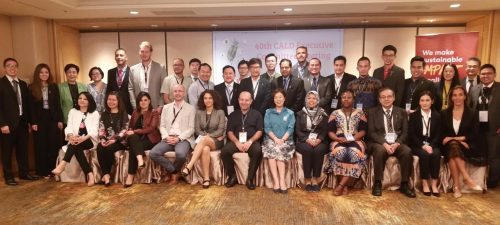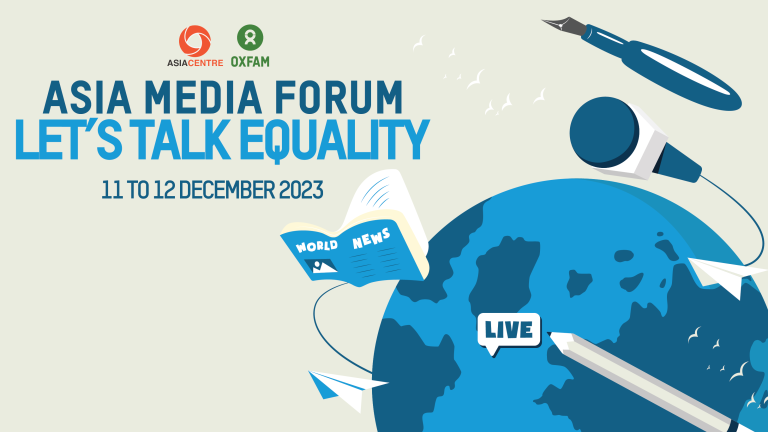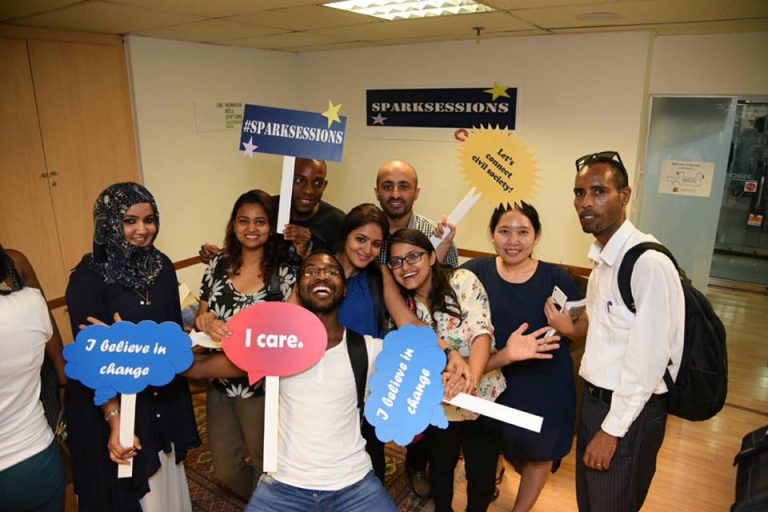Media literacy could be the new stratagem for Malaysia instead of the Fake News Bill, however the role of governments in such programmes needs to be carefully evaluated.
On Tuesday 16 April Asia Centre, University of Nottingham and Gerakbudaya Bookshop jointly organized the seminar entitled the Fake News Industry: Developments in SEA & Malaysia. Participants examined the various non-legal measures put in place to tackle issues surrounding fake news affecting Malaysia and the wider region. Apart from fact-checking, the suggestion that gained most traction was media literacy programmes.
Some of the ideas concerned going beyond media literacy for university students to training both young children in schools as well as their educators to help discern authentic news from fake ones. Participants suggested that media literacy trainers could be from different disciplines such as academics, teachers, NGOs specialists, journalists as well as parents.
The panelists were Dr James Gomez, Chair, Board of Directors of Asia Centre; Jahabar Sadiq, Editor of Malaysian Insight; Dr Craig J Selby, Managing Director of public relations firm, Orchan Consulting; and Darshini Kandasamy, an Editor at Malaysiakini. The roundtable was moderated by Professor Zaharom Nain of University of Nottingham, Malaysia.
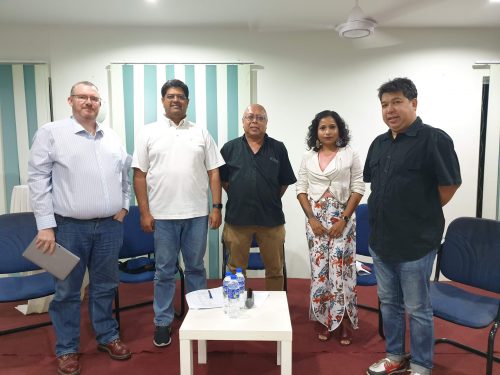
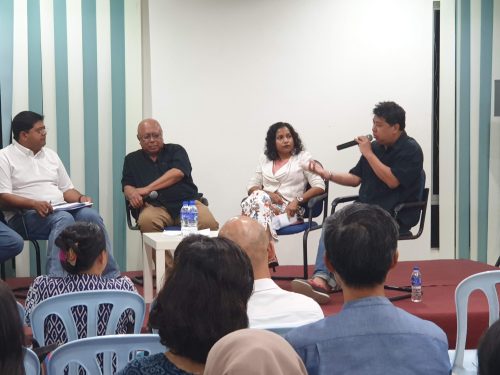
Dr James Gomez started the discussion with a regional overview of fake news legislation with some recent highlights from Singapore. He commented how governments try to manage the eroding trust of the people and how media literacy can be fake news put out by governments.
Jahabar Sadiq spoke from a media owner’s perspective and gave colorful anecdotes of his experience with fake news. He pointed out that nowadays media is preoccupied with calling out what news is fake rather than publishing news. The media is therefore also in some ways indirectly involved in promoting media literacy.
Darshini Kandasamy addressed the media’s own role in dealing with fake news and disinformation. She said many people are not media literate and that’s why people forward messages even if they don’t know whether it is true or not. She noted that there is a lack of media literacy among the older generations.
Craig J Selby spoke about the fake news industry from the public relations and trust communications angle. He mentioned that increasingly corporate brands are being affected by fake news and this can jeopardize brand value. Craig ended with the note that laws need to be revised in such a way that people are educated to combat fake news and know what is authentic before making statements or videos “viral”
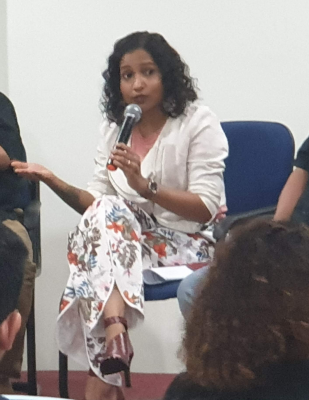
Professor Zaharom Nain, who moderated the discussion, welcomed the panel’s strong arguments and suggestions in favor of media literacy. Media literacy programmes can help people spot fake news. However, he pointed out that limited resources, lack of sustainability of media literacy programmes, and the mere fact that governments play a role in leading media literacy programmes are issues that have to be considered. At the end of the day such literacy programmes need to achieve the real goal of combating fake news, a lot of which are also spread by governments.
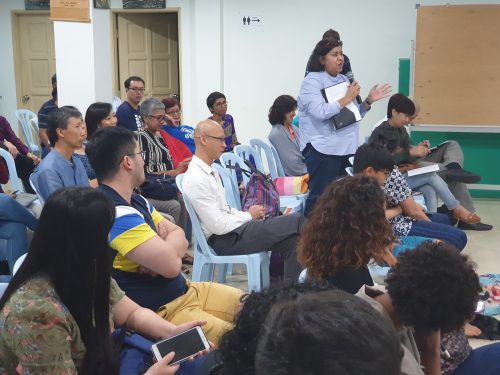
The Seminar, which attracted over 60 participants, is part of Asia Centre’s ongoing 3 year project on fake news. The occasion was an opportunity for Asia Centre to engage with a Malaysian audience and deepen its existing relationship with local partners Gerakbuday and University of Nottingham.
During his visit to Malaysia, Dr. James Gomez had the opportunity to discuss fake news legislation in the region and its impact on elections with presenter Lyn Mak on the programme Pressing Matters, 89.9 BFM, The Business Station, Malaysia.
https://www.bfm.my/…/pr…/pm-james-gomez-director-asia-centre
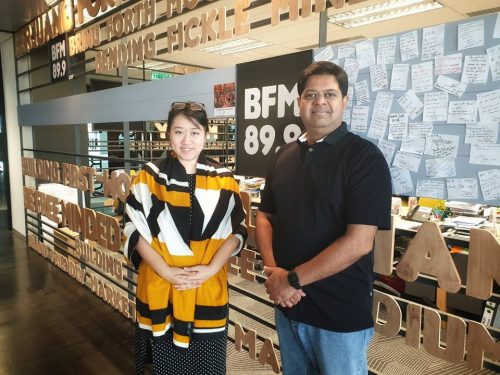
Those interested in Asia Centre’s Int. Conference on Fake News and Elections in Asia can sign up at https://goo.gl/forms/Pef1TKvG1OYJIjxl2 or email research@asiacentre.org

